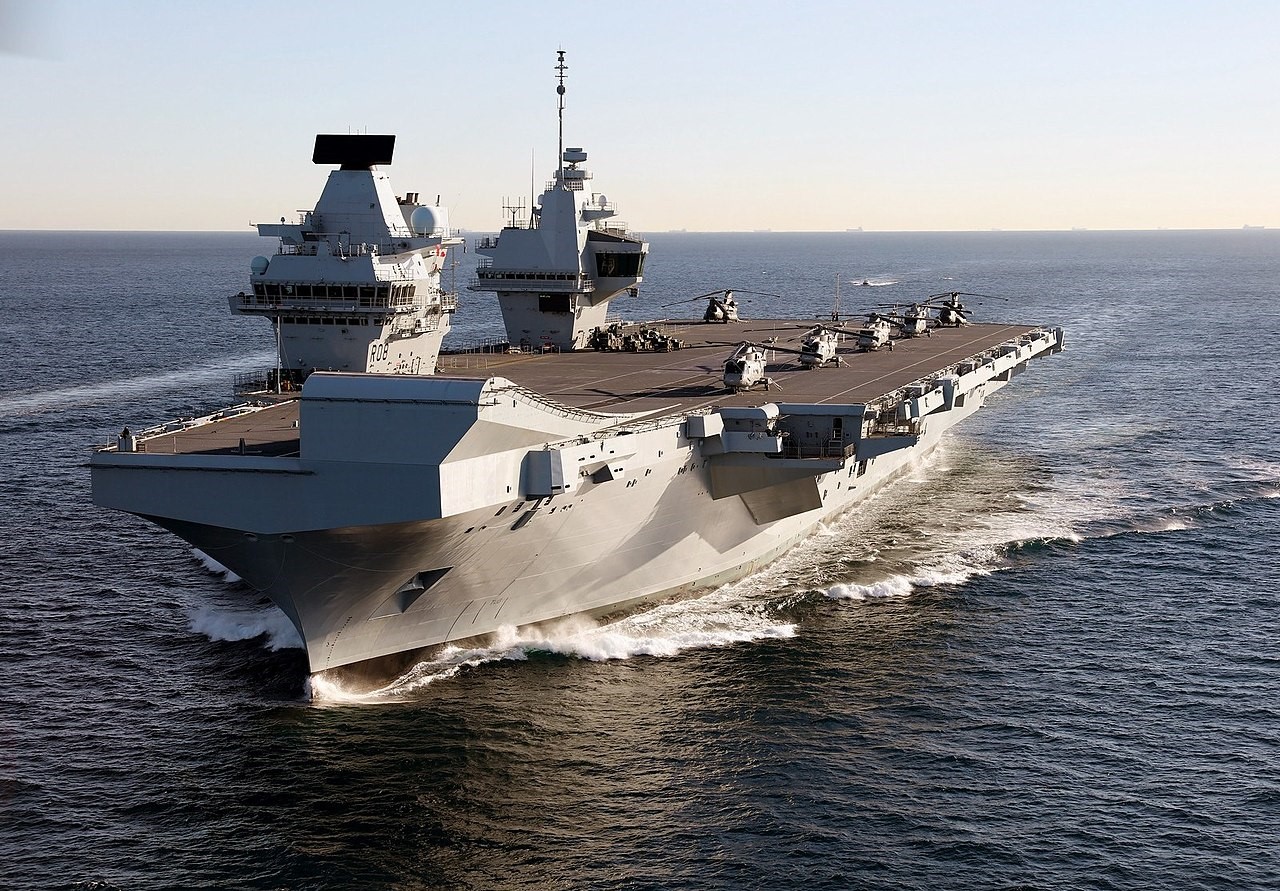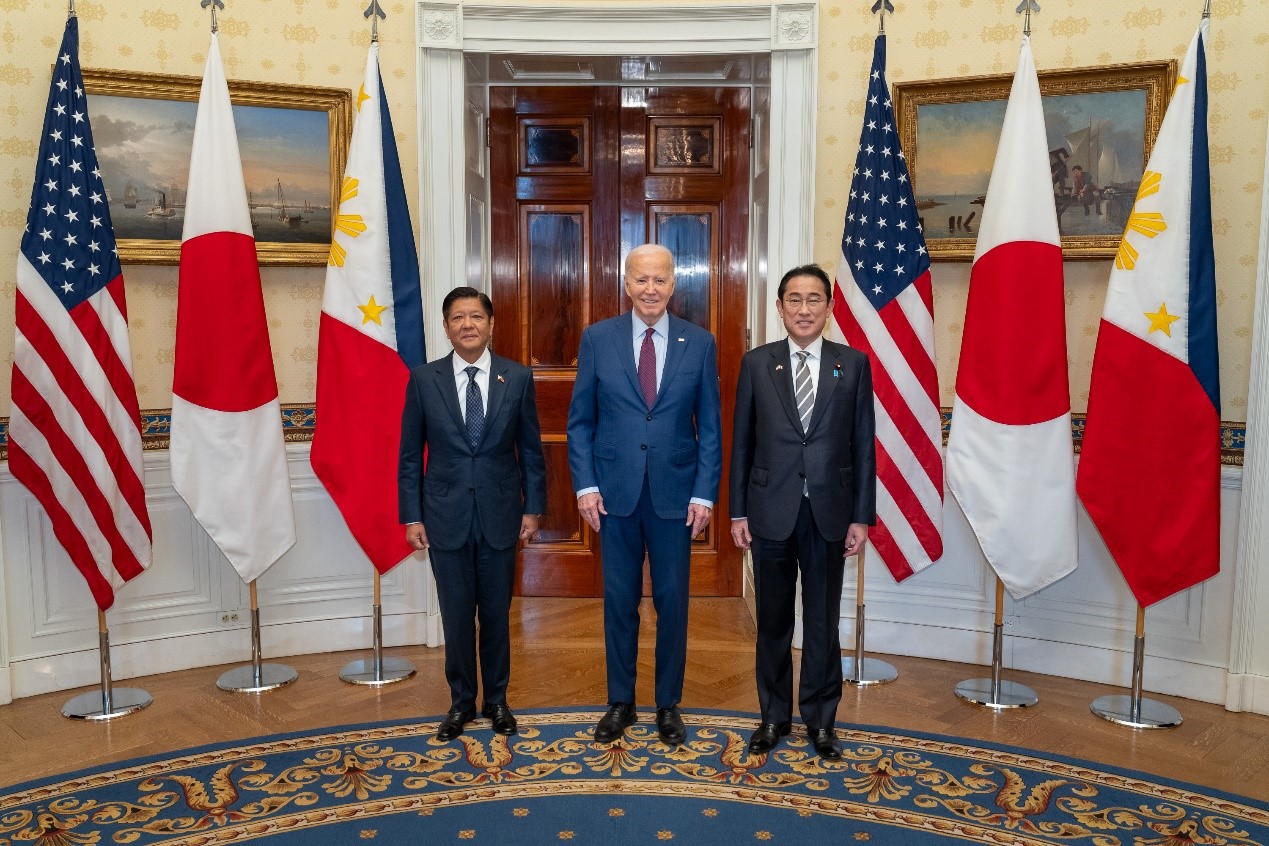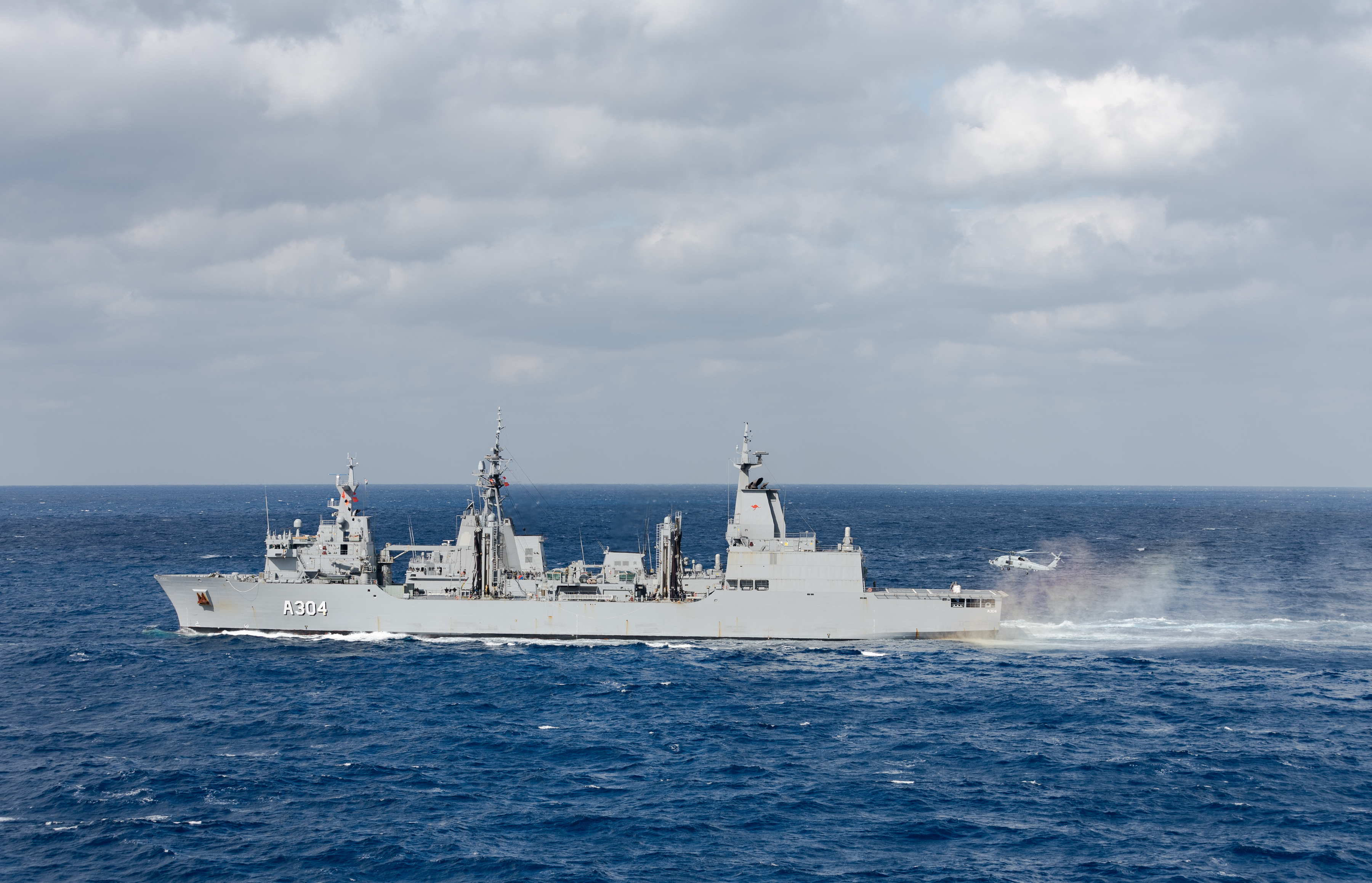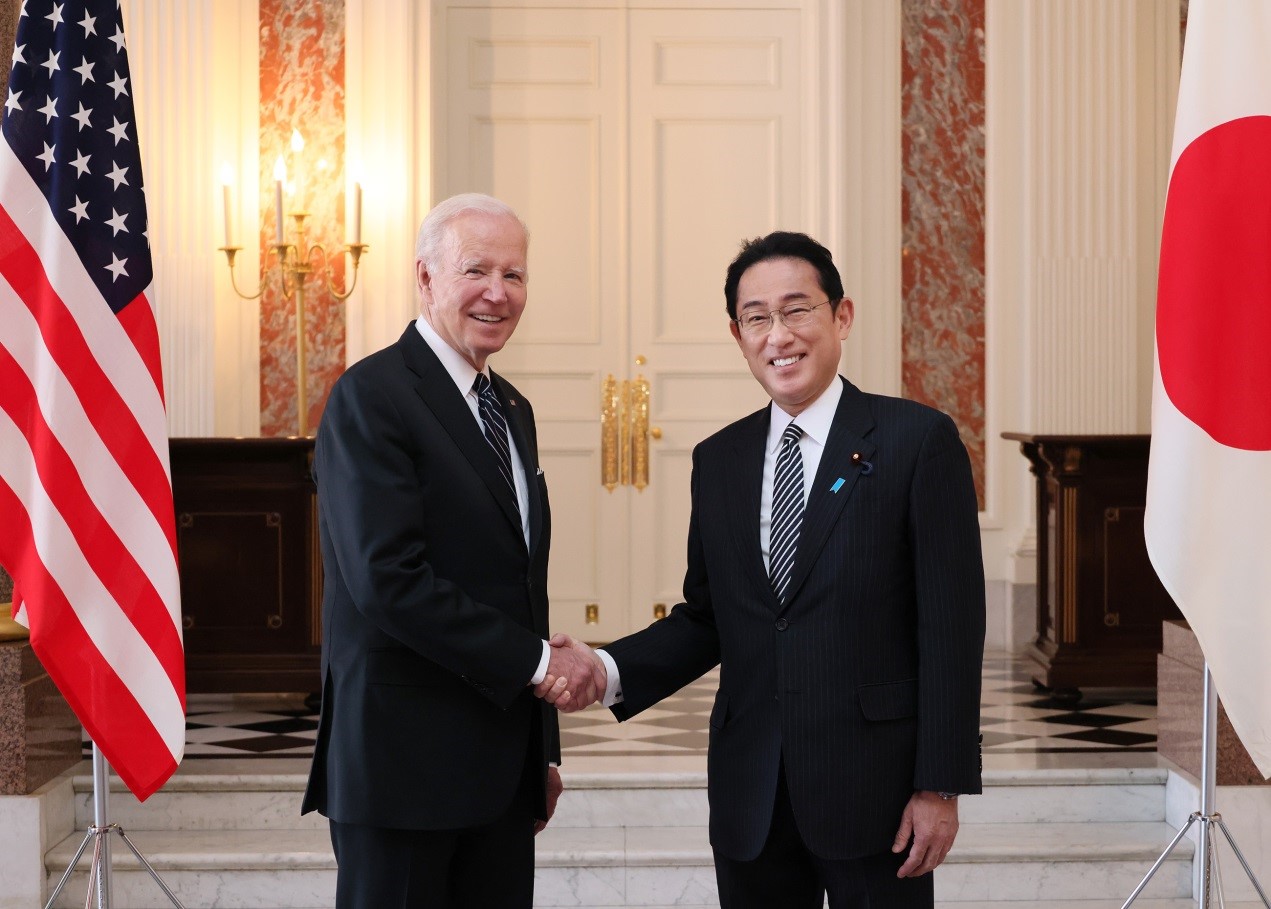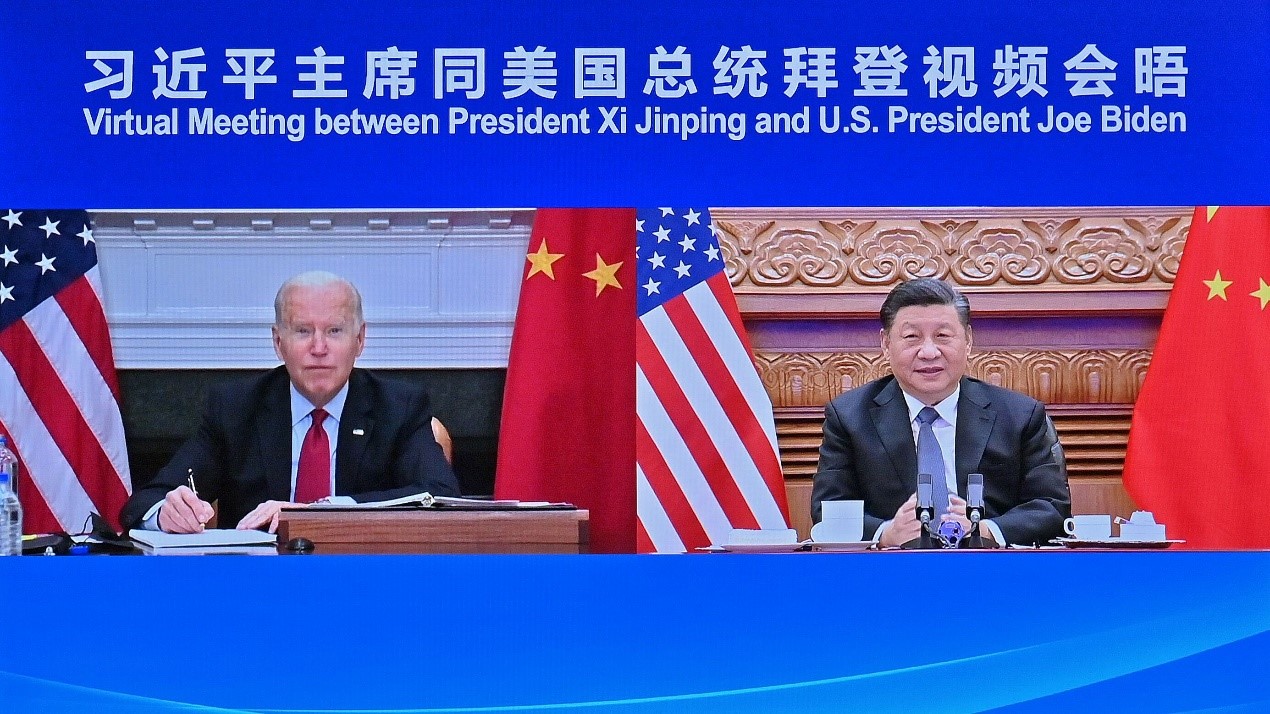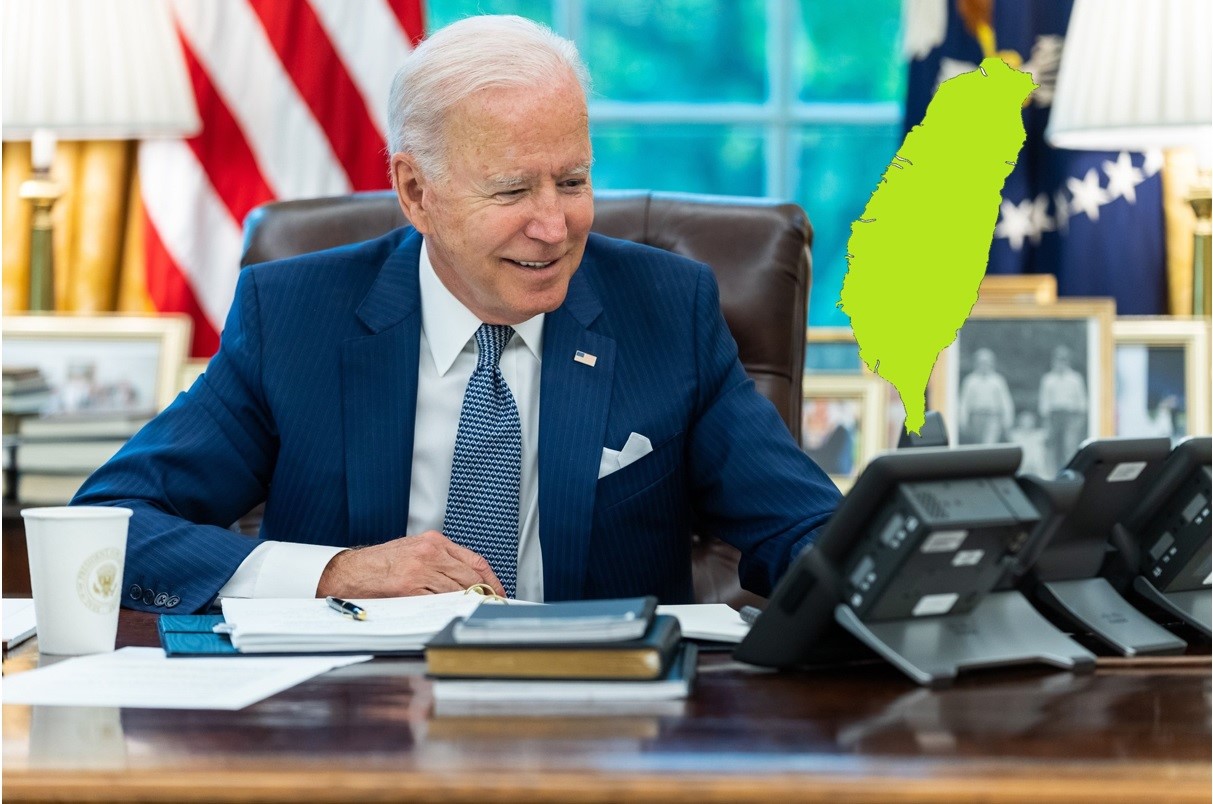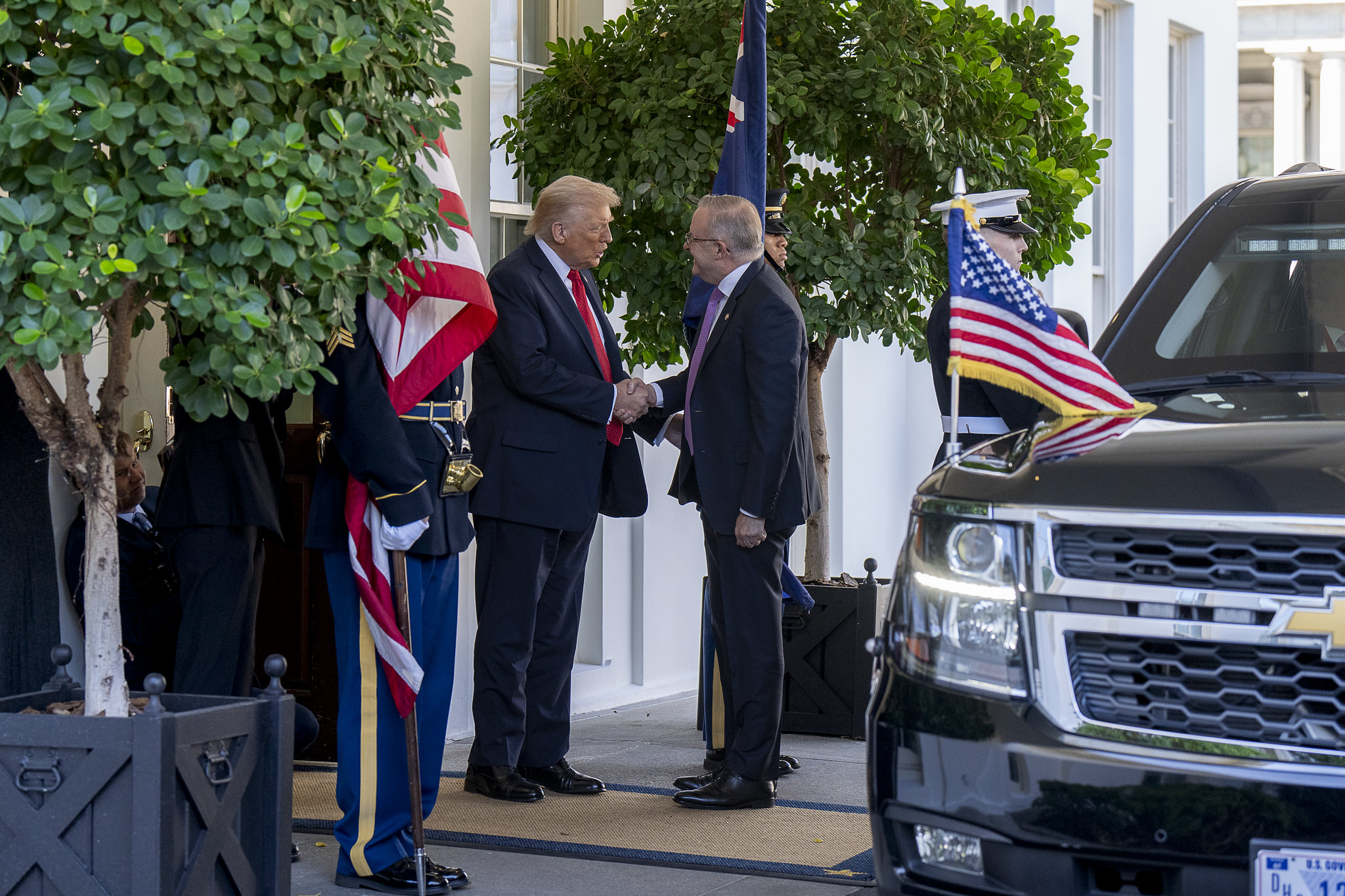Britain may never formally adopt an “Indo-Pacific Strategy” in the same manner as its European partners but there is, nonetheless, a significant reorientation of foreign policy already underway. The effect is likely to embed the UK in the Indo-Pacific as a valuable partner for those countries that value a free and open international order.
Picture source: Dave Jenkins, Flickr, https://www.flickr.com/photos/infogibraltar/28386226189/
Prospects & Perspectives 2021 No. 50
The UK and the Indo-Pacific
September 28, 2021
Australia, the UK and the United States surprised the world in mid-September with an announcement that they will build submarines together. What was even more surprising was the way the “AUKUS” agreement made global headlines. It was as if a fundamental realignment of the international order had just taken place when, in fact, all that the three governments had actually done was to agree a very large arms deal. It will, however, have an impact on Britain’s relations with a region that it is now, after some delay, calling the Indo-Pacific.
The day after the announcement, during an emergency debate in Parliament, Britain’s former prime minister, Theresa May, asked her successor about “the implications of this pact for the stance that would be taken by the United Kingdom in its response should China attempt to invade Taiwan?” Boris Johnson was uncharacteristically cautious in his response. “The United Kingdom remains determined to defend international law,” he told the House of Commons, “and that is the strong advice that we would give to the government in Beijing.”
But it is interesting to think about what the UK would have done had there been any direct threat to Taiwan on the day that AUKUS was announced. At that particular moment, the British-led “carrier strike group” led by HMS Queen Elizabeth was docked at the American naval base on the Pacific island of Guam. More than half the F-35 aircraft on board the carrier belonged to the United States Marine Corps and one ship in the strike group was American. Assuming the U.S. government decided to intervene in such a crisis, is it likely that the British strike group would have been able to sail away as if nothing was going on?
In ordinary times, HMS Queen Elizabeth and the rest of the Royal Navy will be patrolling the Atlantic, the Baltic or the Mediterranean. They will be a long way from the Indo-Pacific and removed from the pressures to take a direct role in the regional geopolitics. There will, however, be some smaller British naval vessels on station on a near-permanent basis. Earlier in September, two “offshore patrol vessels,” HMS Spey and HMS Tamar, departed for a five-year deployment to Asia.
These are not exactly “warships.” They are armed with a 30mm cannon and a few machine guns. Nor are they to be “based” in the Indo-Pacific: they will resupply and change crews at “ports of convenience” in places such as Singapore, Brunei, Japan and Guam. Nonetheless, they will help familiarize British naval crews with the region, build personal ties between British and regional navies and thereby facilitate larger deployments should they happen in the future.
The British government is making determined efforts to be seen “tilting” towards the Indo-Pacific. Naval deployments are just one element of this. The UK has also become a formal “dialogue partner” of the Association of Southeast Asian Nations (ASEAN) and has applied to join the CPTPP free trade agreement. These efforts are being driven primarily by the consequences of leaving the European Union: the UK needs to offset the economic costs of leaving the single market and to find a new diplomatic role outside the EU. However, there are good grounds to believe that a strategic refocusing towards Asia would have happened even without Brexit.
Concern about the implications of a rising China has been growing for some time but Beijing’s effective tearing up of the Sino-British Joint Declaration on Hong Kong was the final straw for many in the UK. The days when President Xi Jinping could celebrate a “Golden Era” of relations with Britain are long gone. Despite all this, it is not yet clear how the British government’s policy towards China is likely to evolve.
A recent report produced by the House of Lords’ International Relations and Defence Committee on this subject was subtitled “A Strategic Void.” It criticised the “current ambiguity of the Government’s approach to China” and concluded that “a coherent strategy is essential to show how the Government intends to balance its ambition for increased economic engagement with China with the need to protect the UK’s wider interests and values, including security issues, human rights, and labour protection.”
The report devoted a substantial section to Taiwan. the Parliamentarians argued that “the UK’s security relationship with the US, its global economic position and the Government’s tilt to the Indo-Pacific region mean that its interests would be directly threatened. The uncertainty over the future of Taiwan therefore represents a major risk to the UK.”
This is not necessarily an opinion shared by the foreign policy establishment. Lord Peter Ricketts, the British government’s National Security Adviser from 2010 to 2012, argued in a recent talk that this was highly unlikely. “Let’s be realistic” he told a meeting of the Royal Society of Asian Affairs, “the UK is not going to play any direct role in a struggle over Taiwan” because the Royal Navy has no assets that would be useful in such a scenario. He did, however, suggest that Britain could play a role “backfilling” for the United States if it needed to move units from elsewhere to the Indo-Pacific.
These debates are likely to run for some time, without conclusion. It is more likely that British policy will develop in response to specific incidents and in unpredictable ways. In the meantime, the UK is likely to try to keep as many options open as possible. As a country that has many vital interests in the Indo-Pacific, including trade and investment as well as security, it will seek to avoid making final choices.
As a result, Britain may never formally adopt an “Indo-Pacific Strategy” in the same manner as its European partners but there is, nonetheless, a significant reorientation of foreign policy already underway. The effect is likely to embed the UK in the Indo-Pacific as a valuable partner for those countries that value a free and open international order. But that still leaves a very big question: what to do about China?
(Bill Hayton is an Associate Fellow with the Asia-Pacific Programme at Chatham House)


